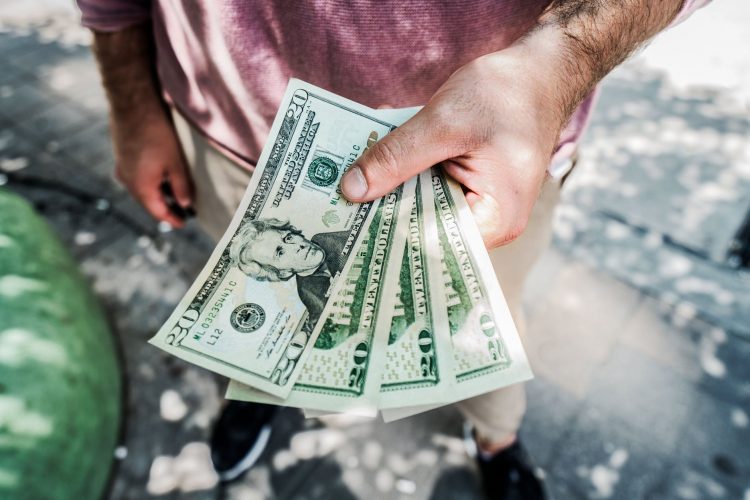Ever wonder how your paychecks dissolve so quickly? You get paid on a Friday and by Monday, it seems that every cent you made has been accounted for (or you don’t even have enough to get by). There’s no denying that the cost of living continues to rise while annual salaries and hourly rates stay the same. However, your lifestyle and how you spend (or waste) money plays a major role as well.
There are things that people do on a regular basis that seem harmless or common, but in reality, they’re draining their pockets. Identifying these habits and making necessary changes to your lifestyle, will, therefore, reduce waste and allow you to stretch your incomes further. Below is a look at some of the most common habits to correct or avoid:
The Consumption of Natural Resources
From the energy you use to keep your house warm or prepare meals to the water you use for cooking, bathing, and cleaning, most American households take these natural resources for granted. Not only is this horrible for the declining environment but it’s terrible for your wallet.
Failing to do things like winterize your home, turn off lights you’re not using, keeping the heat at a decent temperature, unplugging vampire devices, and more drives your energy bills through the roof. Similarly, taking hour-long showers, not checking your plumbing for leaks, or allowing the water to run while you brush your teeth increases the amount you pay for water.
Neglecting Poor Credit Histories
Most people don’t focus on their credit history or score until they’re trying to obtain something they need to use it for such as a house or car. What they don’t realize, however, is that having poor credit is very costly. Though there are a lot of programs, loan opportunities, and other offers that are willing to extend services to individuals with bad credit, it is not without an added cost.
Something as simple as applying for cable services could end up costing you more because of your bad credit. Your credit is often used to determine your risk factor and rate for car insurance. Bad credit also causes you to have to pay higher interest fees for credit cards and loans.
Smoking Cigarettes
Though vaping has certainly given cigarette brands a run for their money, there is still a large number of people that have a bad habit of smoking. With a pack of cigarettes costing an average of $5 – $12, someone who smokes a pack a day is looking at an annual cost of between $2,000 and $4,000. There’s also the fact that smoking seriously damages your health increasing your need for medical appointments, higher health insurance rates, copays, and prescription costs. When you see numbers like those, you realize how much sense it makes to save money by quitting bad habits like smoking cigarettes.
Using Credit Cards (Too Much)
Credit cards are great backup financial resources for when you need something but don’t have the money upfront to purchase it in full. Be that as it may, credit cards aren’t free. No matter what your credit status is, you’re required to pay interest and other fees every time you make a transaction. The longer you take to pay it off, the more money it costs you. So, by the time you pay off that $200 washing machine you just bought on sale, it can end up being $20, $30, or even $100 more by the time you pay it off.
Impulse Purchases
You see something you want in an advertisement or in a store and you just have to have it! Without checking your budget, you hop online or head to the checkout counter and make the purchase. Buying on impulse may feel great at the moment, but the truth is, you’re wasting a lot of money. Most times, people buy things you don’t need, don’t use, or will lose interest in fairly quickly without realizing the devastation it could be doing to their current finances. Now, to make up for the loss, they have to scramble to find funds from another source to cover their regular expenses.
If you are guilty of even one of these bad lifestyle habits listed above, you’re allowing your hard-earned cash to go down the drain. The good news is, that while old habits might die hard, it is possible to start making the necessary changes necessary to save money every day and stretch your paycheck further.

